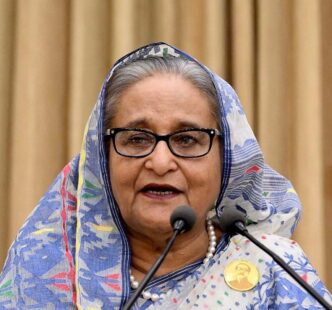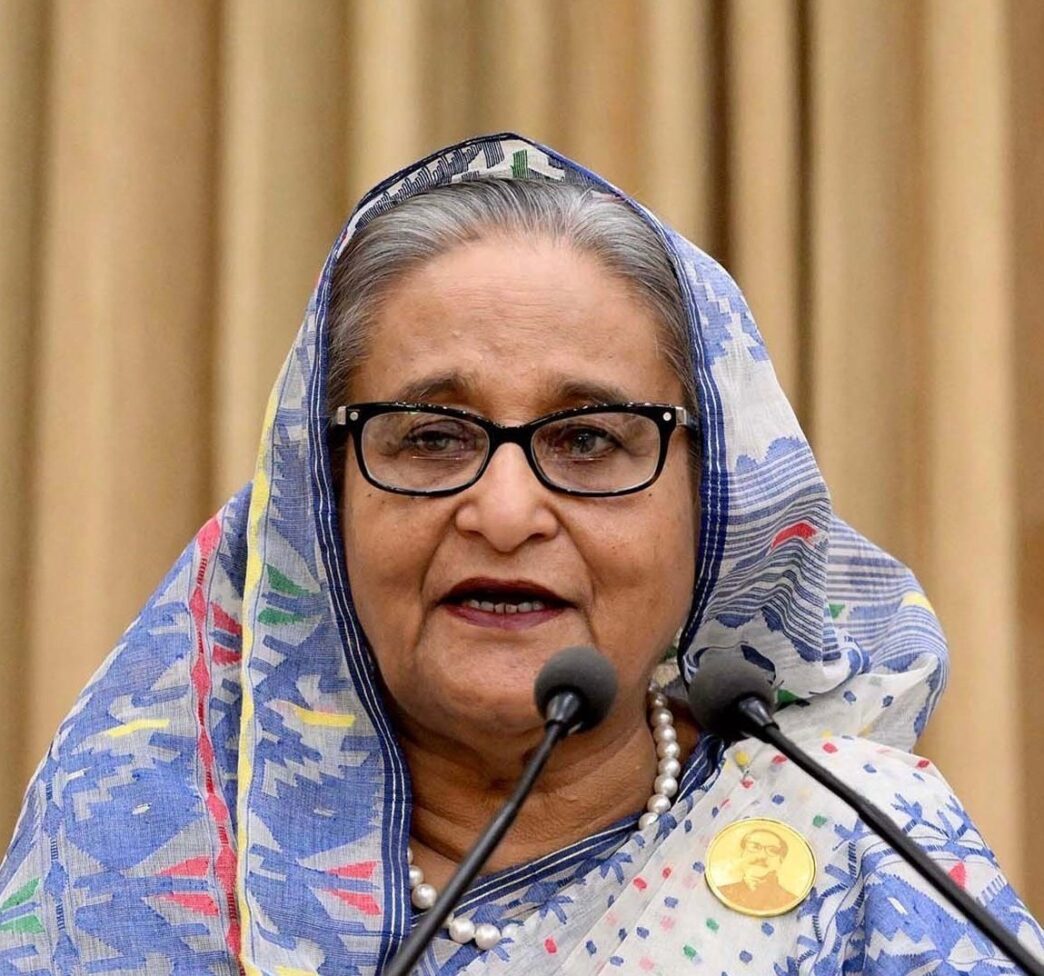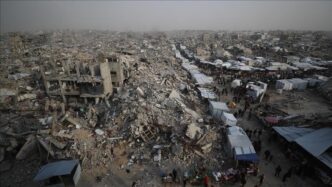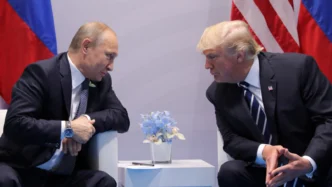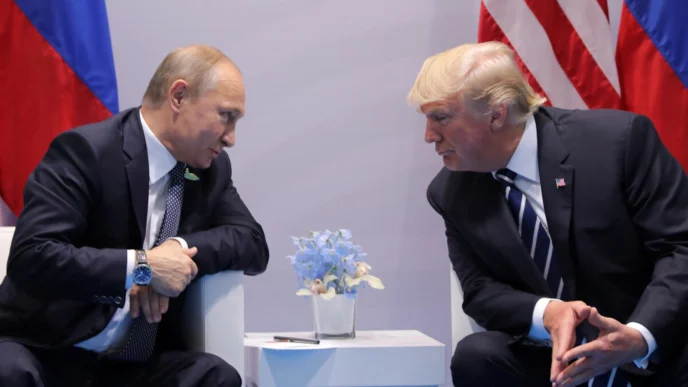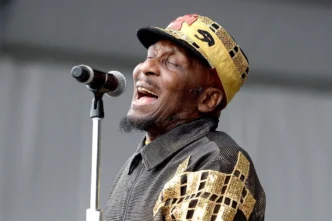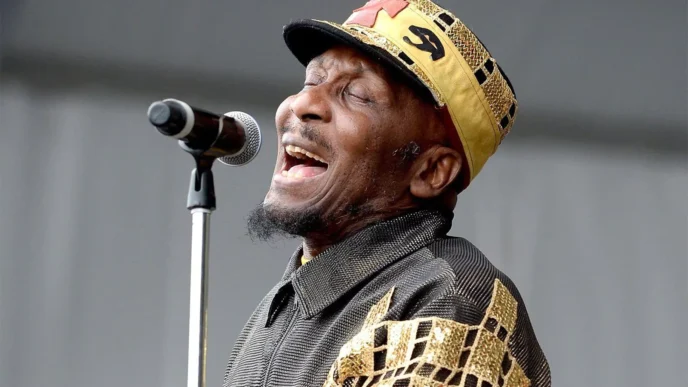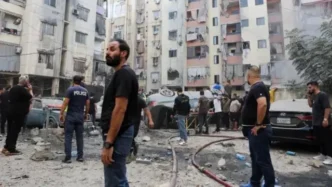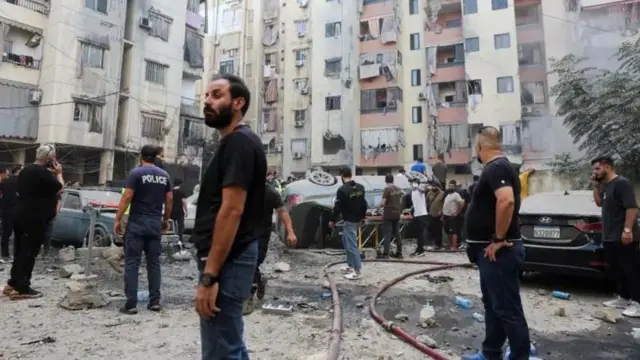Bangladesh’s former Prime Minister Sheikh Hasina has been sentenced to death by a special international crimes tribunal.
She was convicted in absentia for “crimes against humanity” tied to a brutal crackdown on student protests last year.
The verdict may now trigger widespread political turbulence as the country gears up for national elections early next year.
The three‑judge tribunal in Dhaka held that Hasina “committed crimes against humanity by her incitement, order and failure to take punitive measures,” and was responsible for issuing orders through which students were violently suppressed.
The court ruled she had directed lethal force, including the use of drones and helicopters, against protesters.
The case centers on mass protests in July and August 2024, when students initially rose up over civil service job quotas and then pressured for Hasina’s resignation.
According to the UN, as many as 1,400 people died, mostly from gunfire by security forces, and thousands more were injured.
According to the tribunal, Hasina not only issued inciting remarks to her party’s activists but also explicitly ordered the suppression of the protests.
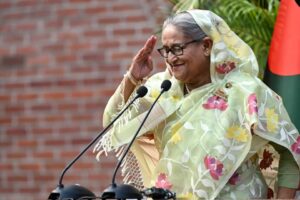
One judge said it was “crystal clear” that she “expressed that she ordered to kill and eliminate the protesting students.”
She faced five major charges: murder, extermination, torture, and other inhumane acts, all related to her role in directing security forces against demonstrators.
As part of the ruling, two of her close aides were also convicted: former Home Minister Asaduzzaman Khan Kamal, and ex‑police chief Chowdhury Abdullah Al‑Mamun.
Hasina, now 78, has denied all the accusations, calling the tribunal politically motivated.
She has been living in exile in India since August 2024, when she fled Dhaka amid the mass protests.
In her absence, the court also criticized her for failing to stop retaliatory killings by her security apparatus, saying she showed “failure to take punitive measures” against those who carried out deadly force.
Her lawyers have raised serious concerns about due process, submitting an appeal to a UN special rapporteur over what they describe as “serious concerns about the lack of fair trial rights and due process.”
Meanwhile, Bangladesh’s interim government has formally asked India to extradite her.
“Not only does it dramatically upend the political landscape, but it also risks triggering greater instability as the country prepares for national elections, expected in February next year.
